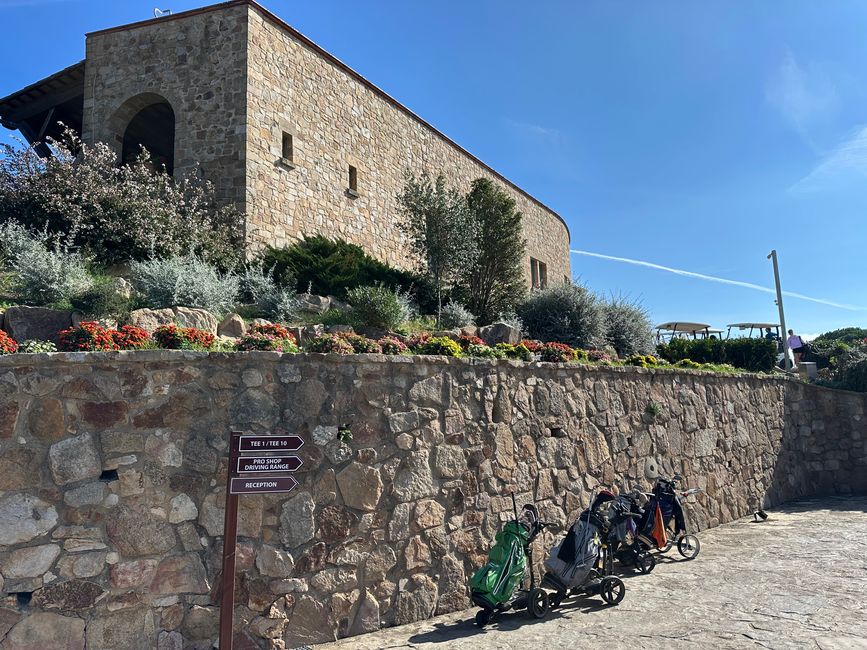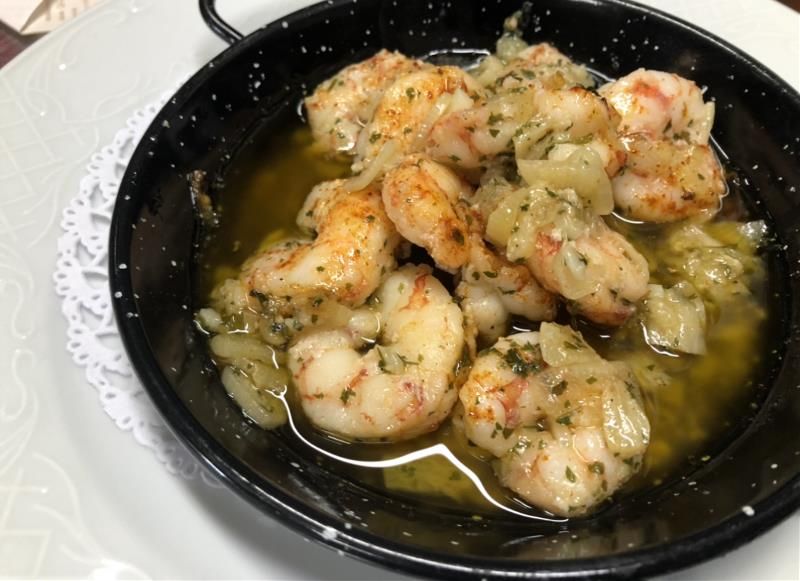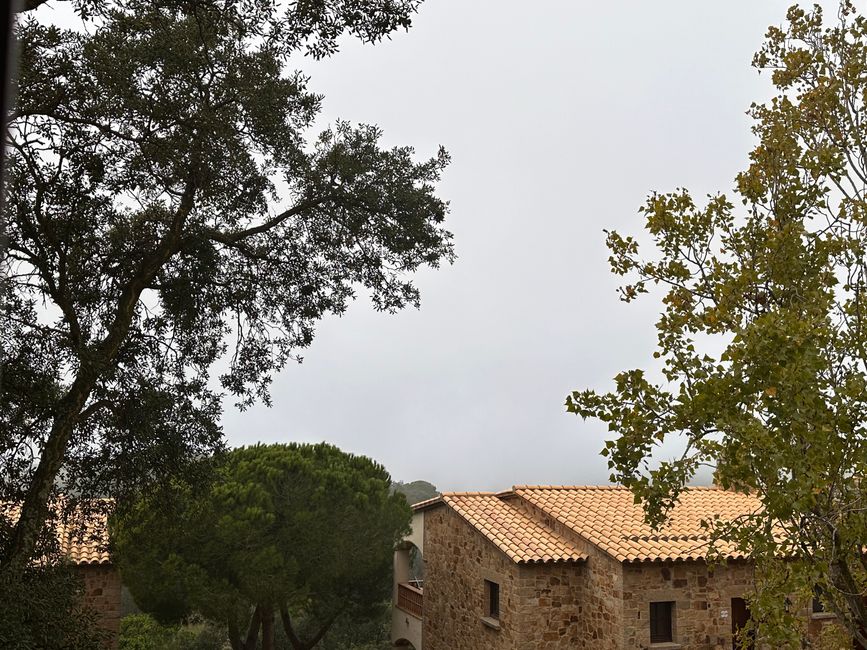5. Golf Round at Golf d'Aro
Publikovaný: 25.10.2024
Odoberať novinky
When we got up today, a thick fog was hovering over Mas Nou. This did not stop us from playing a round of golf at Golf d'Aro.
The sun played a little hide and seek with us. Sometimes it showed itself, sometimes not, until it finally revealed itself from its best side. Fall is also slowly arriving here.

Today, we had a very nice flight with a couple from Belgium. They are traveling in a camper van and primarily pursue golf courses in addition to sightseeing. Hampi and I both played very well today. This may be due to the low handicap of our playing partners, who had a lot of fun with the game of golf.

But what exactly is a handicap in golf? Here again for the non-golfers.
In brief, “A handicap expresses how well a player can theoretically play when everything goes well.”

In golf, the handicap is a system that describes a golfer's playing strength and enables players of different abilities to compete fairly against each other. It indicates how many strokes a player typically needs above par (the established ideal number of strokes for a hole or golf course).
A beginner starts with a HCP (Handicap) of -54 and improves it through golf tournaments.
In determining handicaps in golf, it is assumed that a good golfer plays an 18-hole golf course in accordance with the rules with a handicap of 0. This means, for example, a par-3 hole is completed in exactly three strokes, and a par-5 in five strokes. The individual handicap of a player quantifies how many extra strokes they need, on average, to hole out on all 18 holes – with a handicap of -54, that is an average of three additional strokes per hole.

The handicap allows weaker players to get a “head start” in the form of additional strokes. For example, a player with a handicap of 18 can compete against a player with a handicap of 10 by receiving 8 strokes “credited.”
Handicaps are calculated based on the results of actual rounds on a standardized course and are regularly adjusted to reflect the golfer's current playing strength.
Another influence comes from the course rating and the slope value of the course. These are included in the calculation of the handicap. These two factors indicate how difficult a golf course is compared to an average course.
To calculate the handicap on a specific course, these two values are used to determine the “Playing Handicap” for the golfer. This ensures that the difficulty level of the course is taken into account, so a player’s handicap is fairly adjusted depending on how challenging the course is.
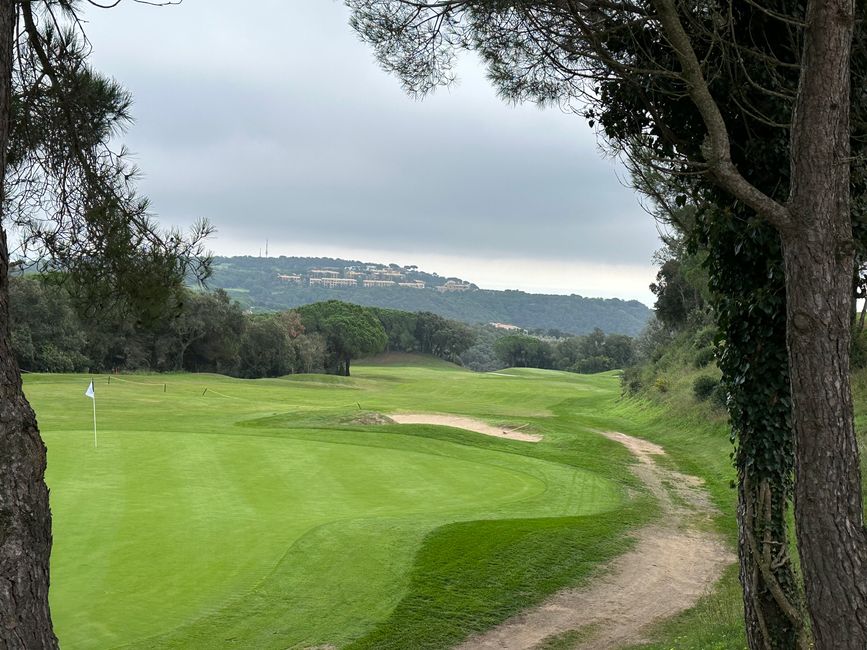
This means that a golfer will receive more strokes on a more difficult course than on an easier one.
At the end of the round, we enjoyed a Cava and fine tapas at “Forat 19.” By the way, Forat means hole in Catalan.
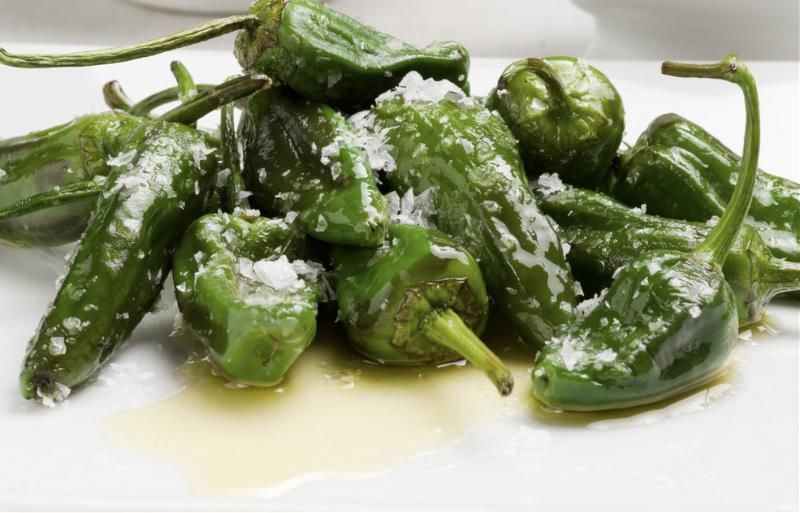
Tapas are small appetizers that originally come from Spain. They are often served in bars or restaurants as a side to drinks and consist of a variety of dishes. Tapas can be warm or cold and include ingredients such as olives, cheese, ham, fish, seafood, meatballs, and vegetables.
Originally, tapas were intended to cover the glasses of drinks like wine or beer to keep insects away (hence the name “tapar,” which means “to cover” in Spanish). Today, they are an integral part of Spanish culinary culture.
And once again, a beautiful day comes to an end. The usual sunset is taking its time today, the fog wanted to prevent the spectacle, but the evening atmosphere was still impressive.

Odoberať novinky
Odpoveď

Cestovné prehľady Španielsko






